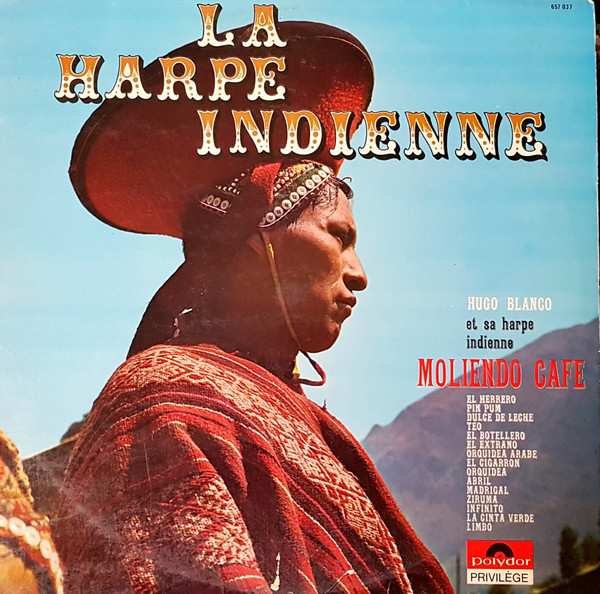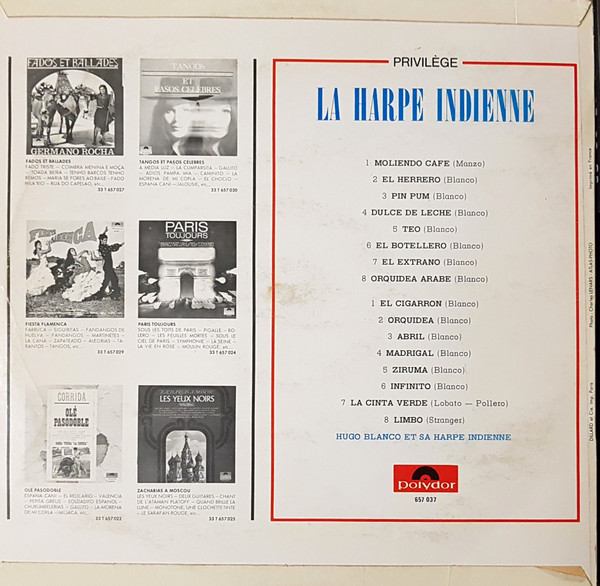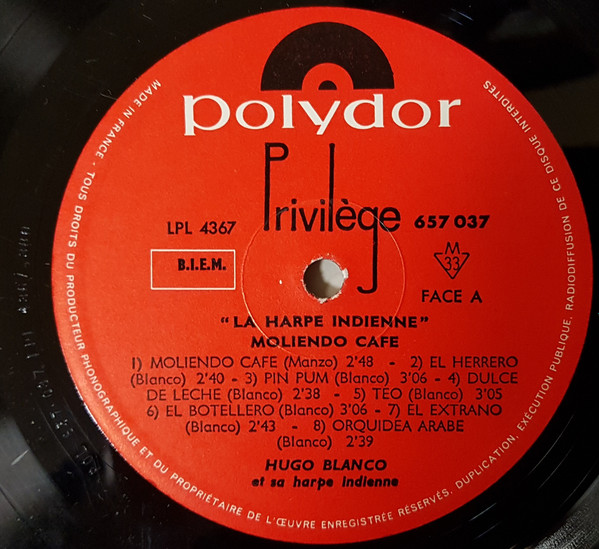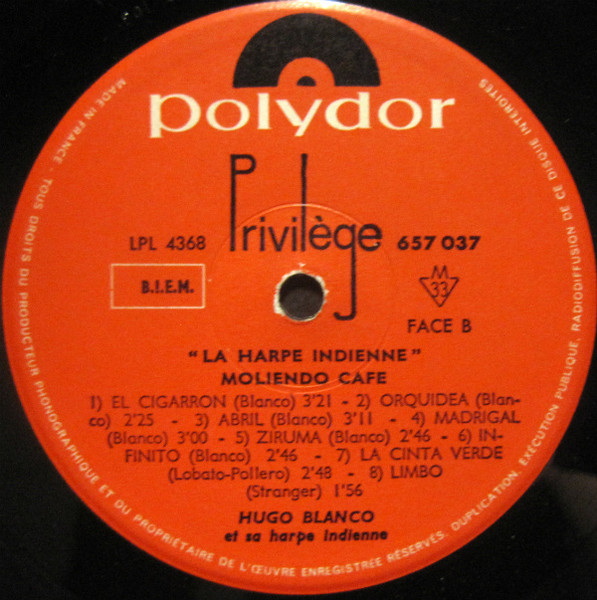Tokyo based band and Afrobayashi pioneers Ajate are back with their third album: experience the explosive encounter of Afro groove and Japanese traditional Ohayashi music! During a stay in West Africa in the late 2000's, Japanese musician Junichiro "John" Imaeda was taken aback by the similarities he felt between the Afrobeat that resonated in the streets of Accra, and the sounds of the "Ohayashi", the music played during ancestral Japanese festivals, in which John had participated since his childhood.On his return to the archipelago in 2009, Imaeda created Ajate, a collective of ten passionate musicians. Together they started crafting music that moves from one world to another, with intertwined roots. The drums, flutes and bells are joined by curious instruments handmade by John himself with the essential material of the Japanese countryside: bamboo. The "Jaate", an amplified xylophone-balafon equipped with piezoelectric sensors on each of its keys, or the "Piechiku", a bamboo version of the Malian "Ngoni" or the Gnawa "Guembri", equipped with shamisen strings and connected to an arsenal of guitar pedals, give Ajate an absolutely unique sound. Powerful and catchy Japanese female and male vocals bring the final touch to an incredible groove where Afrobeat and Ohayashi music are woven together so seamlessly that Ajate has managed to capture a truly distinct fusion. The band sings about the power of human connections, the force of being and living all together, the joy of sharing, and the beauty of life. Ajate's music is a magnificent example of the way sounds are able to migrate in contemporary music.The band's explosive live performances have taken Ajate to the most prestigious stages in Japan, such as the Sukiyaki Meets The World and Fuji & Sun festivals. The release on French label 180g of their "Abrada" and "Alo" albums, in 2017 and 2020 respectively, opened the doors to Europe, with memorable shows at the Transmusicales de Rennes festival - followed by a session on KEXP (Seattle, USA) - at Jazz a Vienne, and at WOMAD UK, among many others. With their brand new album "Dala Toni", Ajate prove once again that they are at the forefront of global music "made in Japan".




